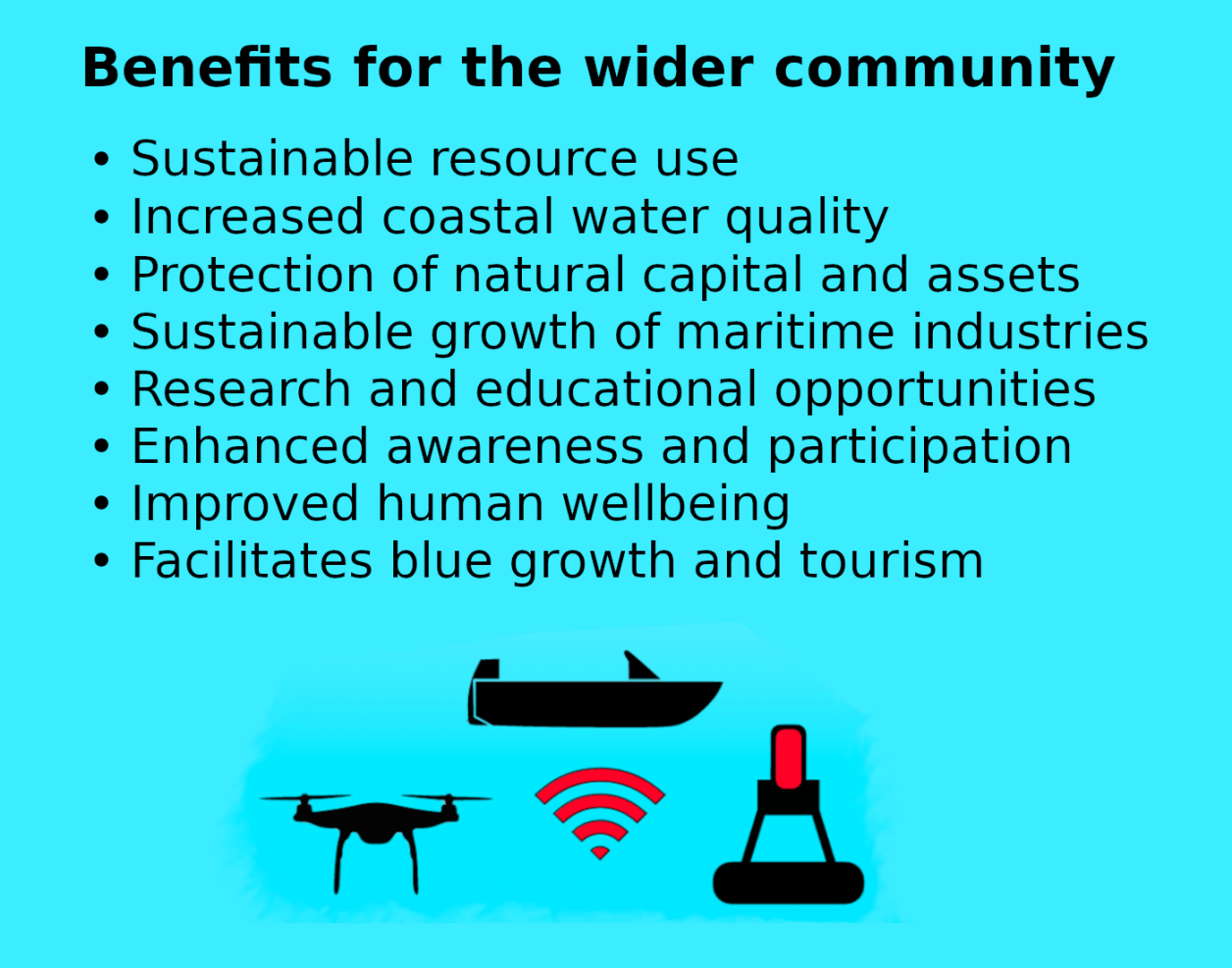
Value and Benefits
Rapid maritime development in Limassol has led to increased environmental costs, including anthropogenic oil spillages in coastal waters. Oil is the main polluting factor, with leakage and waste discharges being the main risks. Activities like transport, cargo operations, and illegal discharges contribute to oil spillage, posing a significant threat to socio-economic and environmental resources like power stations, marine protected areas, bathing beaches, ports, marinas, and marine aquaculture facilities.
Oil pollution in Cyprus' waters is affecting industries, fishing, and aquaculture, posing risks to marine organisms and human consumers. Maintaining clean and healthy recreational beaches is crucial due to the importance of tourism, especially during summer months when maritime traffic and pollution incidents are more frequent.
